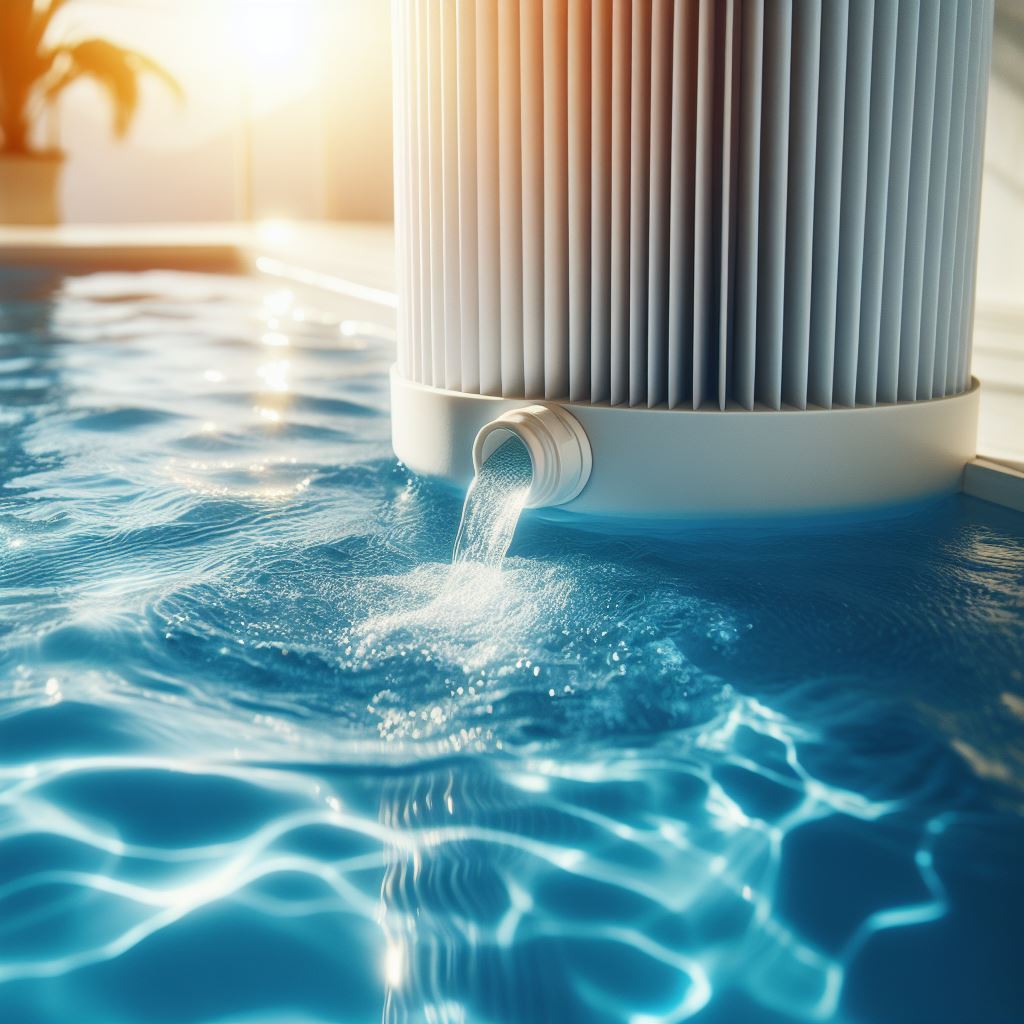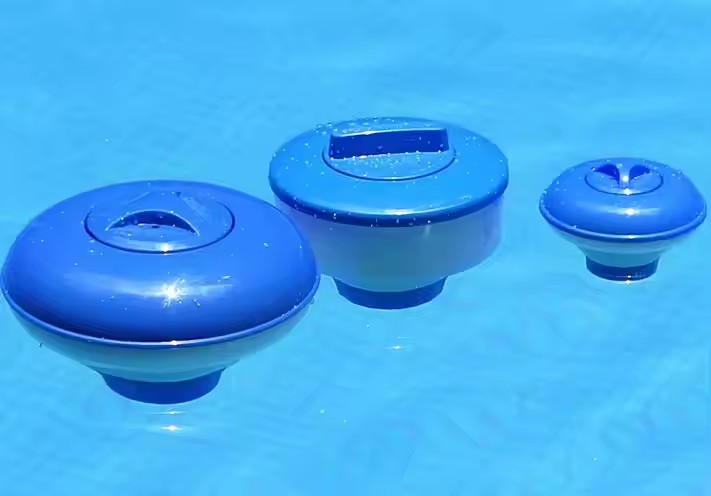Maintaining a clean and inviting swimming pool requires effective filtration systems, and pool sand filters are renowned for their ability to provide efficient fine filtration. In this in-depth exploration, we will delve into the intricate mechanisms and maintenance practices involved in achieving pristine water quality through fine filtration using pool sand filters.

Understanding the Mechanics of Pool Sand Filters
Filtration Process: Pool sand filters employ a combination of physical and chemical processes to remove impurities from pool water. As water passes through the filter tank filled with specially graded sand, particles are trapped within the sand bed. Additionally, the sand’s surface charge attracts and adsorbs organic contaminants, further enhancing filtration.
Multiport Valve Functions: The multiport valve, a critical component of pool sand filters, allows for various filtration functions such as filtering, backwashing, rinsing, and more. Understanding the functions of the multiport valve is essential for efficient operation and maintenance of the filter system.
Grading of Filter Sand: The quality and grading of the filter sand play a significant role in filtration efficiency. Specially graded sand with uniform particle size distribution ensures optimal filtration by providing consistent pore spaces for water flow and particle entrapment.
Fine Filtration Mechanisms
Size Exclusion: The primary mechanism of fine filtration in pool sand filters is size exclusion, where particles larger than the interstitial spaces between sand grains are trapped. This mechanism effectively removes larger debris such as leaves, insects, and dirt from the pool water, resulting in clearer and cleaner water.
Adsorption: The surface charge of sand particles enables adsorption of organic compounds and smaller particles in the water. Positively charged contaminants are attracted to the negatively charged sand surface, where they adhere and are subsequently removed during filtration.
Depth Filtration: Unlike surface filtration in cartridge filters, pool sand filters operate on the principle of depth filtration. The depth of the sand bed provides a larger surface area for particle entrapment, ensuring thorough filtration throughout the entire depth of the filter medium.
Maintenance and Care
Backwashing Procedure: Regular backwashing is essential to remove accumulated debris and contaminants from the sand bed. During backwashing, the flow of water is reversed, dislodging trapped particles and flushing them out through the waste line. Proper backwashing frequency and duration are crucial for maintaining optimal filtration performance.
Sand Replacement: Over time, the sand in pool filters may become compacted or worn out, reducing filtration efficiency. Periodic sand replacement is necessary to restore optimal filtration capacity and water clarity. The frequency of sand replacement depends on factors such as filter usage and water quality.
Water Chemistry Monitoring: Proper water chemistry is vital for the effective operation of pool sand filters. Regular monitoring of pH, chlorine levels, and other water parameters helps prevent algae growth, bacterial contamination, and other water quality issues that can impact filtration performance.
Benefits of Pool Sand Filters
Cost-Effectiveness: Pool sand filters offer a cost-effective filtration solution compared to other types of filters. The initial investment is relatively low, and ongoing maintenance costs are minimal, making them an economical choice for pool owners.
Low Maintenance Requirements: Pool sand filters require minimal maintenance compared to cartridge filters, making them ideal for homeowners seeking hassle-free filtration solutions. Routine backwashing and occasional sand replacement are the primary maintenance tasks, ensuring long-term filtration efficiency.
Effective Filtration Performance: Pool sand filters provide efficient filtration, removing particles as small as 20 microns to ensure clear and pristine pool water. The combination of size exclusion, adsorption, and depth filtration mechanisms ensures thorough removal of debris and contaminants, resulting in superior water quality.
Conclusion
Pool sand filters are an essential component of pool maintenance, offering effective fine filtration to achieve clean and clear water. By understanding the intricate mechanisms and maintenance practices involved in pool sand filtration, homeowners can ensure optimal filtration performance and enjoy a safe and enjoyable swimming experience for years to come.


